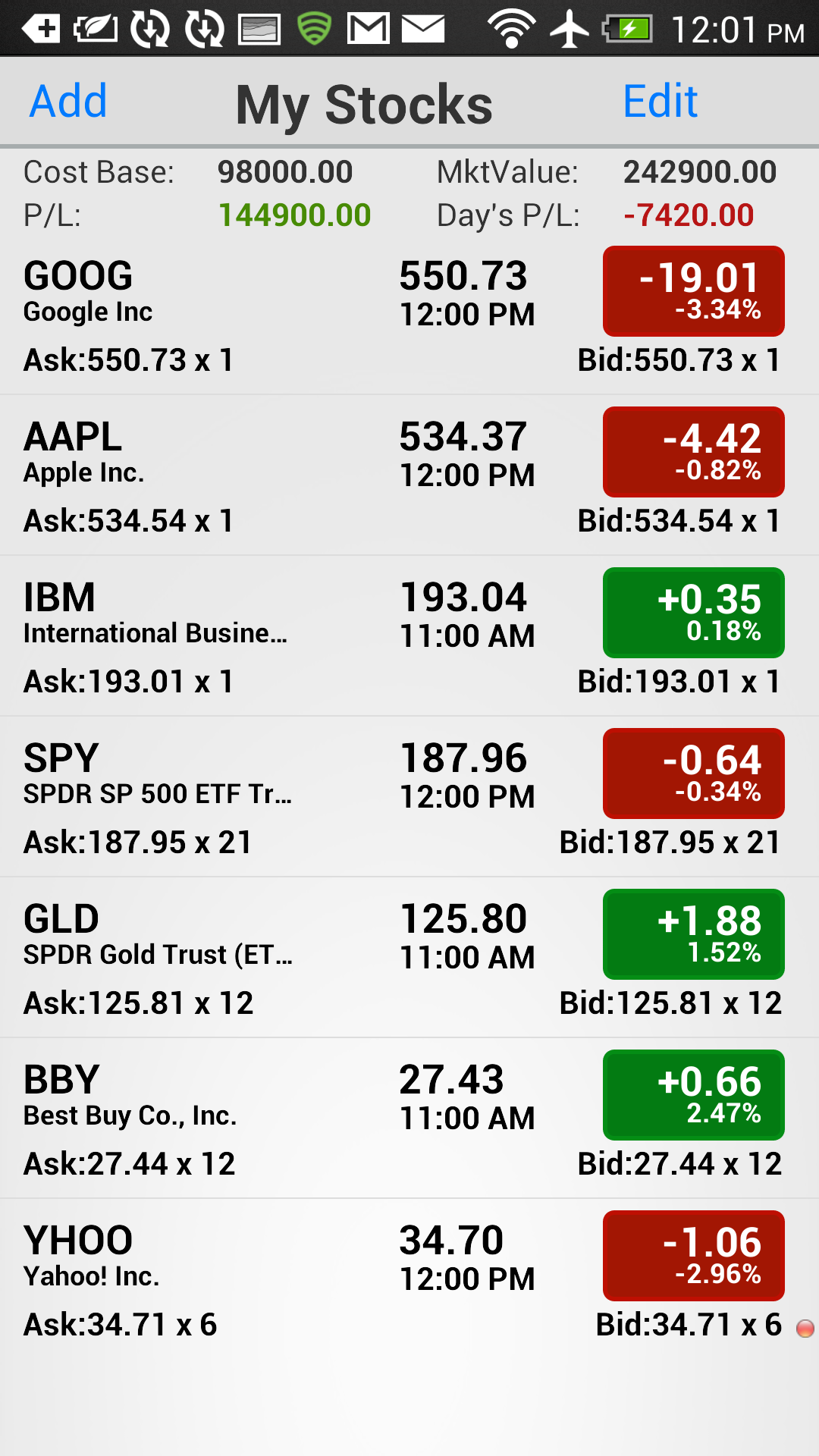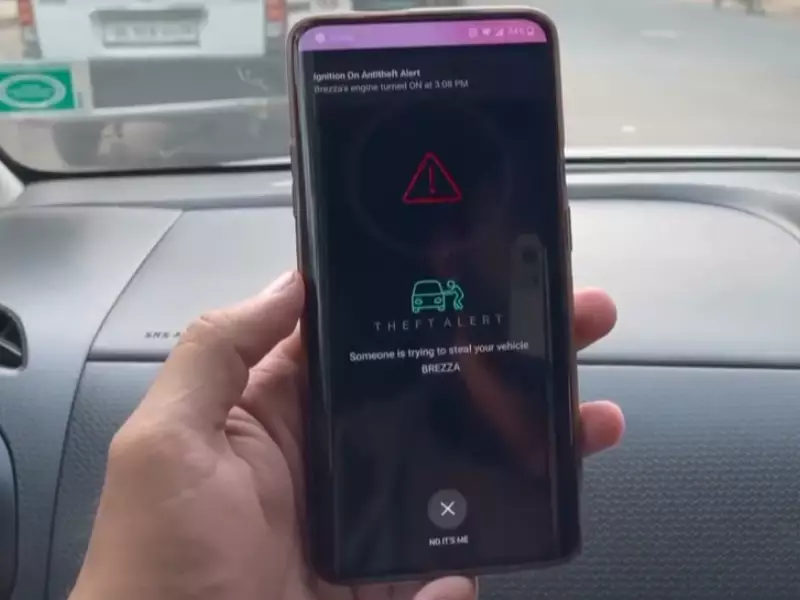A Beginner’s Guide to Buying a GPS Tracker for Your Car
So, you’re thinking about getting a GPS tracker for your car? Smart move! Whether you’re looking to boost your family’s safety, keep tabs on your business fleet, or simply want peace of mind knowing where your vehicle is at all times, a GPS tracker can offer a lot of benefits. But with so many options out there, choosing the right one can feel a little overwhelming. This beginner’s guide will walk you through everything you need to know to make an informed decision.
Why You Need a GPS Tracker: More Than Just Location
Beyond simply showing you where your car is, modern GPS trackers offer a wealth of features. Many provide real-time location updates, allowing you to track your vehicle’s movements on a map via a smartphone app or online portal. Some even send you alerts if your car is moved unexpectedly or driven outside a pre-defined area. This can be incredibly valuable for deterring theft and recovering a stolen vehicle. Other advanced features include:
- Geofencing: Set up virtual boundaries. Receive alerts if your car leaves or enters a specified area.
- Speed alerts: Get notified if your car exceeds a certain speed limit.
- Harsh braking and acceleration alerts: Monitor driving habits and improve safety.
- Mileage tracking: Useful for business expenses or personal tracking.
- History playback: See where your vehicle has been over a period of time.
Choosing the Right GPS Tracker: Key Features to Consider

The market is saturated with GPS trackers, each with its own strengths and weaknesses. Here’s what to look for:
Accuracy and Reliability:
Prioritize trackers with high accuracy GPS and a reliable cellular connection. Look for reviews that highlight consistent performance and minimal signal dropouts. Consider whether you need GPS tracking in areas with poor cell service; some trackers utilize alternative technologies like satellite communication for better coverage.
Battery Life and Power Source:
Battery life varies drastically. Some trackers use internal batteries that need recharging, while others hardwire into your car’s electrical system. Hardwired options offer longer lifespan and continuous tracking but require professional installation. Consider your needs – long battery life is essential for covert tracking, whereas hardwired is great for continuous fleet monitoring.
Ease of Use and App Interface:
The best tracker is one you’ll actually use. Check out the app’s user reviews and interface. Is it intuitive and easy to navigate? Does it provide clear, understandable data? A user-friendly app significantly improves the overall experience.
Subscription Plans:
Many GPS trackers require a subscription service to access location data and features. Carefully compare the pricing and features offered by different providers. Consider the cost of the subscription relative to the tracker’s price and the features it offers. Read the fine print to avoid surprises.
Installation:
Some trackers are designed for DIY installation, while others require professional help. Think about your technical skills and comfort level before making a choice. Hardwired trackers will almost always require professional installation.
Comparing Popular GPS Tracker Brands

The market offers various brands, each with specific strengths. Comparing a few top contenders is vital. We can’t provide specific brand recommendations due to constantly changing technology and market conditions. However, look for reviews and compare features like battery life, accuracy, subscription costs, and app functionality. Consider reading several independent reviews to get a well-rounded understanding before committing to a purchase.
Practical Advice and Tips for Using Your GPS Tracker

Once you’ve selected and installed your GPS tracker, here are some tips to maximize its effectiveness:
- Read the manual carefully: Familiarize yourself with all features and settings.
- Regularly check the device’s status: Ensure the battery is charged (if applicable) and the cellular connection is strong.
- Test the tracker’s functionality: Make sure it’s providing accurate location data and alerts are working as expected.
- Understand your privacy implications: Be mindful of the data being collected and how it’s being used. Always adhere to local laws and regulations regarding GPS tracking.
- Consider additional features: Explore options like immobilization (remotely disabling the vehicle) if theft prevention is a primary concern. Note that immobilization might require additional legal considerations.
Addressing Common Concerns

Many potential buyers have concerns about privacy and legality. It’s crucial to be aware of the laws and regulations governing the use of GPS trackers in your region. Generally, it’s legal to track your own vehicle, but tracking someone else’s without their knowledge or consent is illegal in most places and can have significant legal repercussions. Always prioritize ethical and legal use.
By carefully considering the factors discussed in this guide, you can choose a GPS tracker that perfectly meets your needs and provides you with the peace of mind you’re looking for. Remember to do your research, read reviews, and compare options before making a purchase. Happy tracking!


